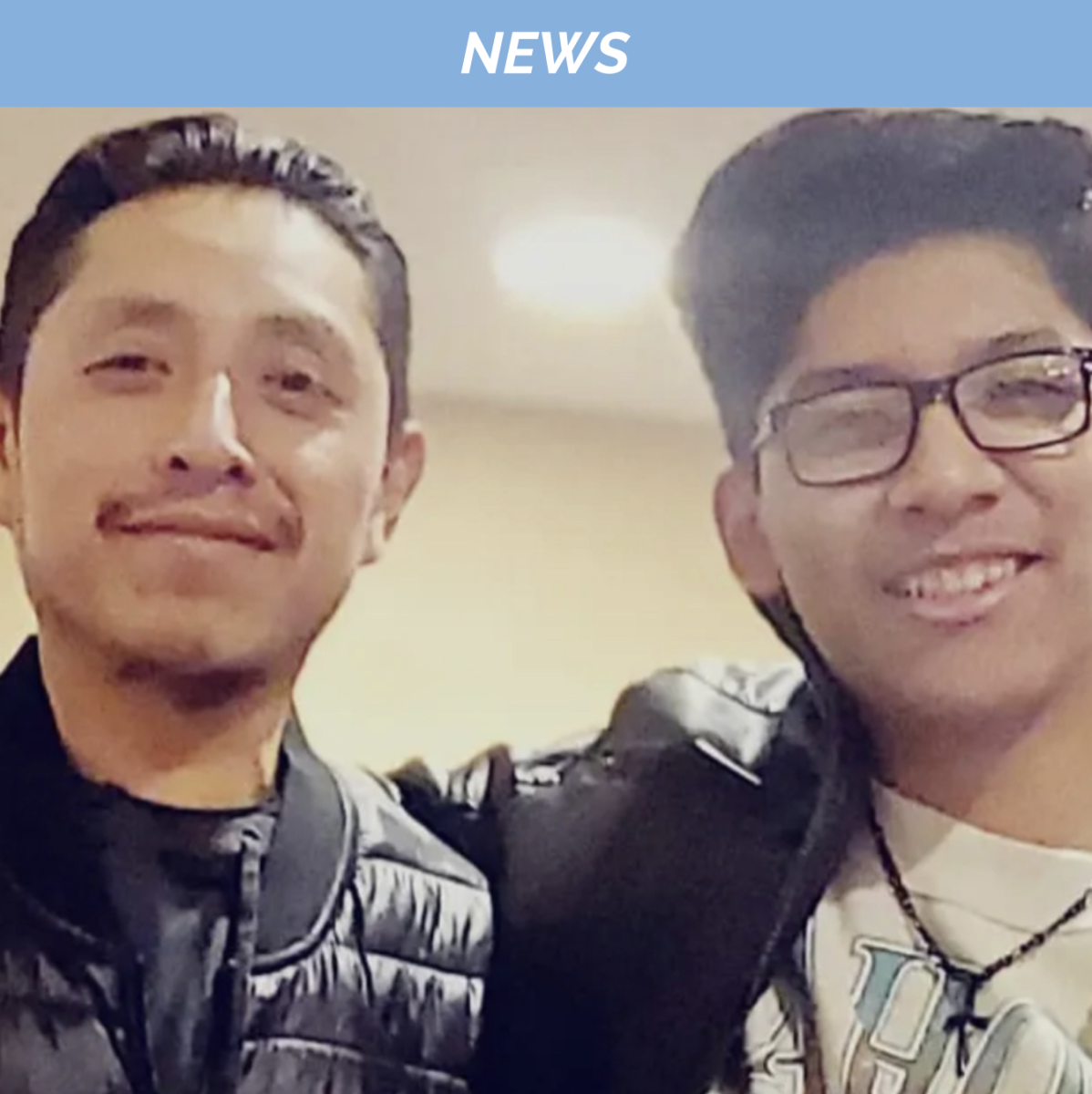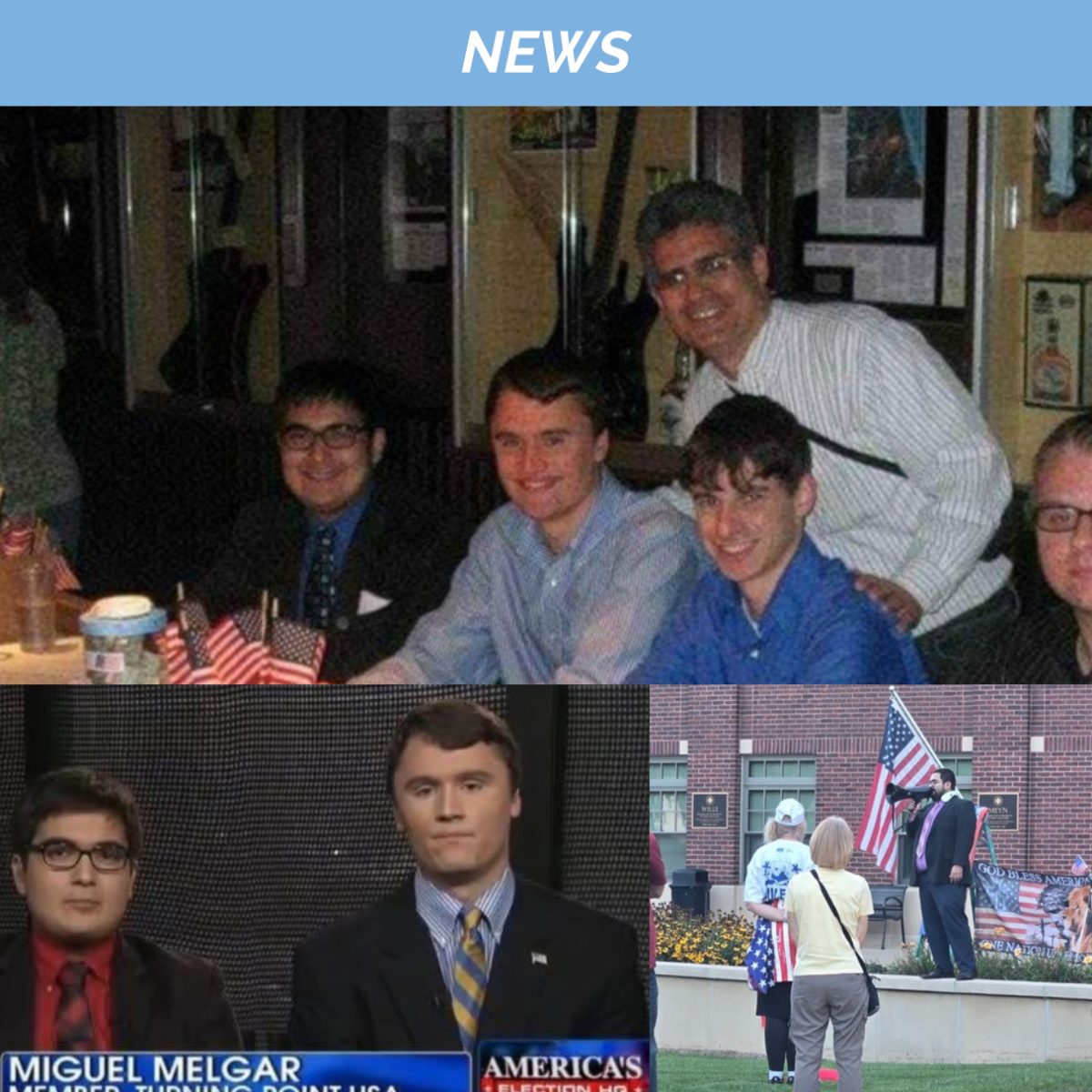By Anna Boratyn
Features Editor
Cruel and Unusual Soy
The Story: Florida prisoner Eric Harris, serving life for the sexual battery of a child has filed a lawsuit stating that serving foods containing large amounts of soy constitutes cruel and unusual punishment, and thus, is unconstitutional.
Harris’s Lake Correctional Institution serves foods that consist of 50% soy and 50% poultry. According to Harris, the soy foods cause “painful gastrointestinal cramping.
Gretl Plessinger, a spokeswoman for Florida’s Department of corrections, told the Orlando Sentinel that if Harris’s claim went to court and won, the cost of inmate food would double.
A press release that was emailed to the Huffington Post by a spokesperson for the Weston A. Price Foundation, which is paying Harris’s legal fees, states that the “incarcerated are suffering irreparable harm by being fed a high soy diet.”
My Take: To Harris, having to eat soy food every day probably seems like a punishment. Perhaps it seems like a punishment because it is a punishment. Perhaps it’s a punishment because he’s in jail, where, you know, people are punished.
Such is karma. One day, a guy assaults a child, and the next, he’s sitting in jail being fed healthy food and having tummy aches. Is it just me, or is the scale a little unbalanced?
Harris doesn’t even have enough sense to thank his most lucky prison jumpsuit that something worse hasn’t happened to such an atrocious human being. But what Harris does have is an agenda. Hello, Weston A. Price Foundation.
Weston A. Price, I don’t know who you are, but I googled you. You founded a tax-exempt nutrition education foundation, a foundation that should know better than anyone that soy is almost synonymous with health.
And honestly, even if it wasn’t, I’d still want Harris to eat it. If we can’t have universal justice, at least we can have tummy aches.
Glory in Harris’s misfortune here.
Deadbeats
The Story: In Spain, stickers have been placed on thousands of burial sites whose leases are up. If the caretakers don’t pay to keep their leases on the graves soon, they face eviction from the cemetery. Leasing graves is relatively common in Spain, with some leases lasting as long as 49 years.
Jose Abadia, deputy urban planning manager for northern Zaragoza city defends a cemetery with such a policy in his city.
“If we keep on building and building spaces for human remains, where are we going to end up?” Abadia said.
My Take: To answer your question Jose, we must first ask ourselves why we shouldn’t just kick the bums out. In this case, the bums don’t really care. In this case, the bums don’t have a pulse.
But once we stop considering the bums, we run into all sorts of ethical issues with their relatives, who do have pulses, and may not have the money to pay the rent of someone who isn’t going to say thanks.
Then, Jose, we run into issues with religion, and the value of letting the bums molder in peace. Just kidding, Jose. I don’t really have an answer. I’d anger too many people either way.
But consider this: when the bums rise up and come looking for brains, they’re going for yours first.
Do you value your brain? Sympathize with the bums here.






